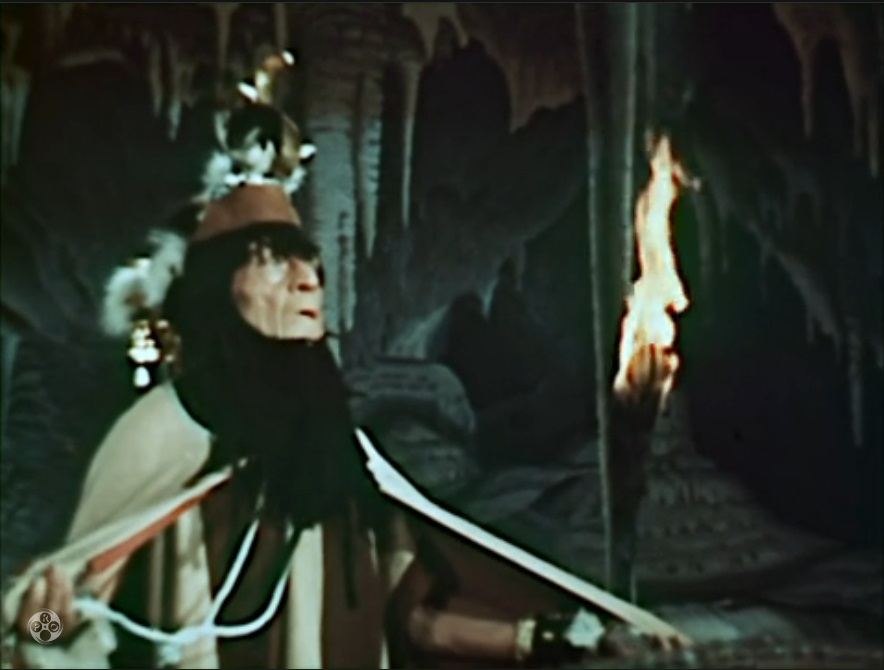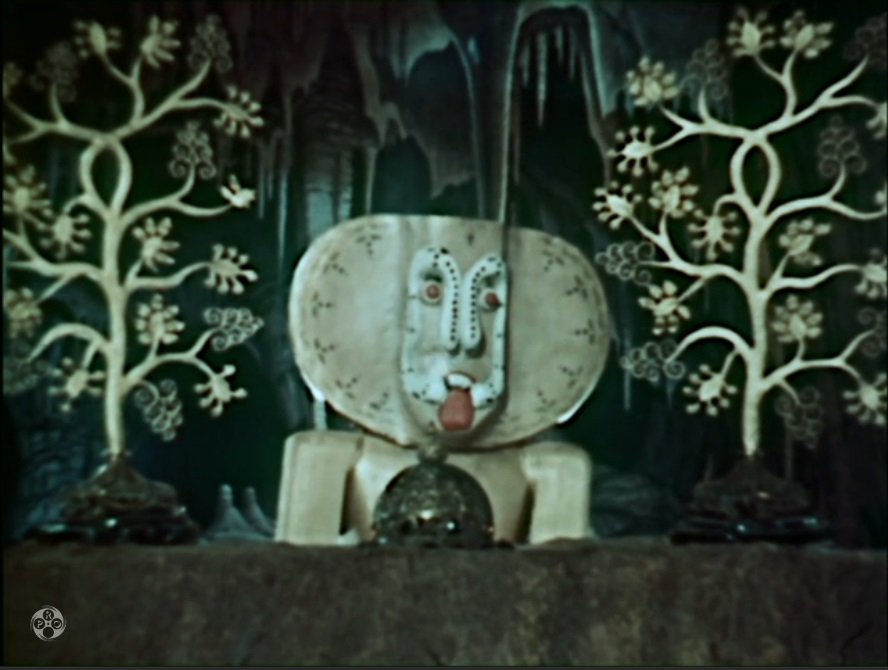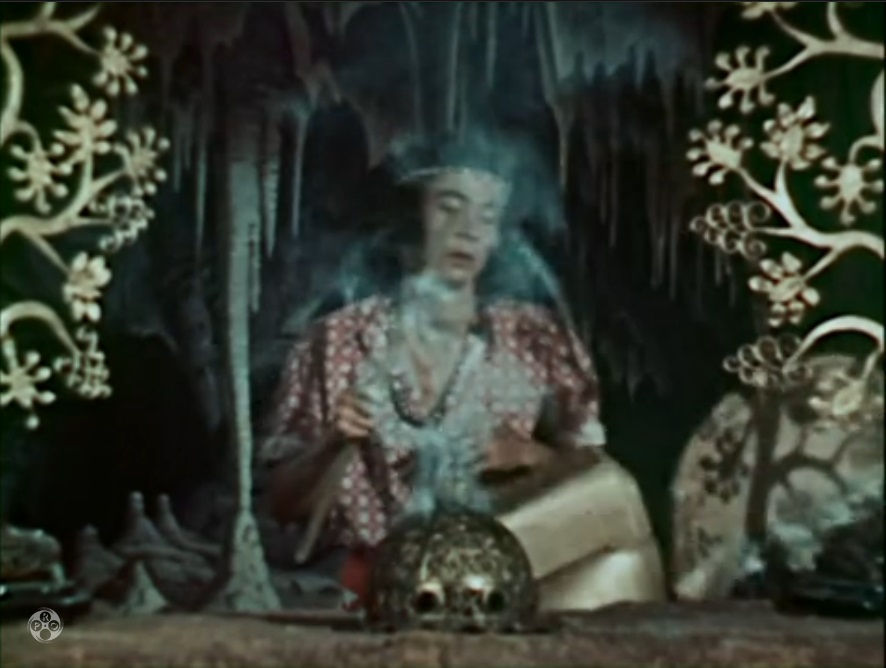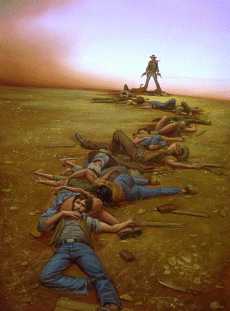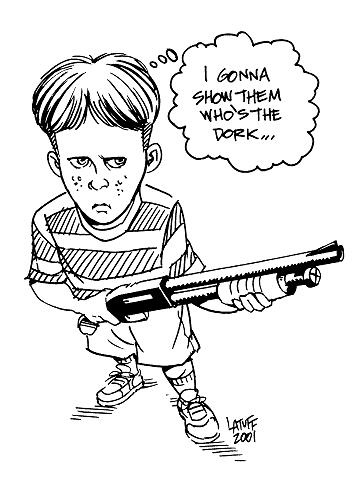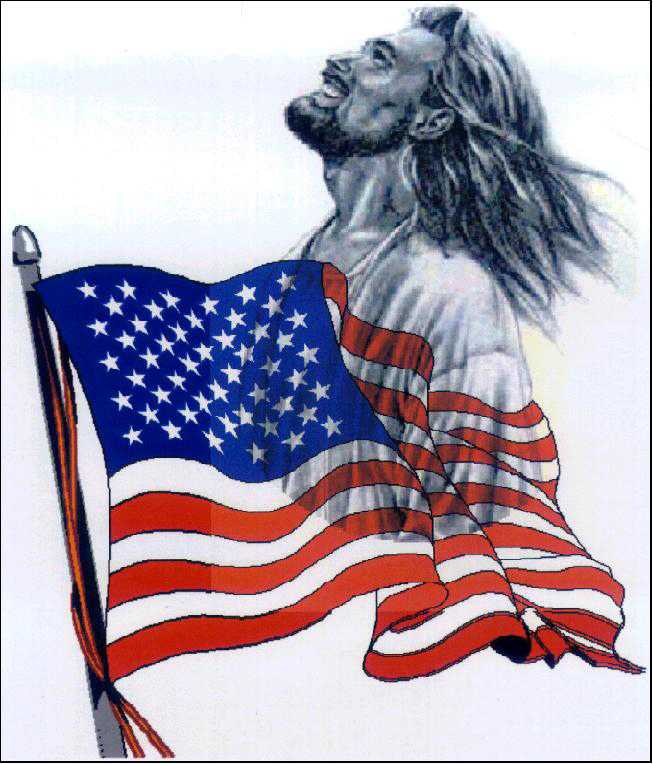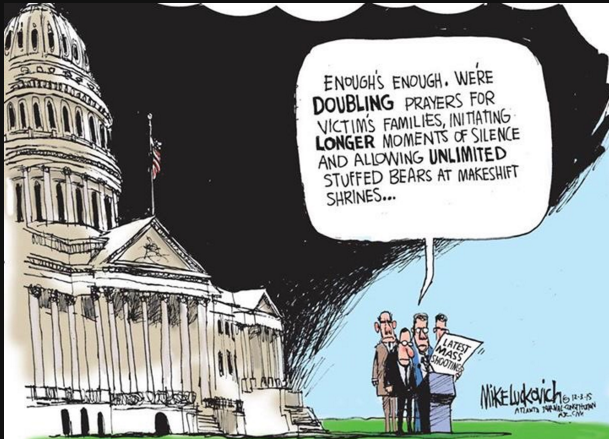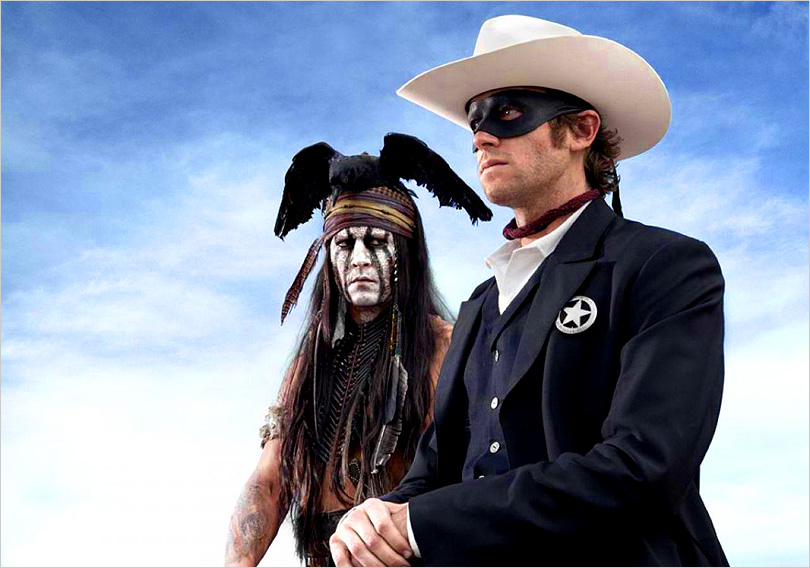By Kristy Symonds
Many followers of the actress and mother of three, and fans of the Thor hunk, commented their disapproval, deeming it cultural appropriation.
Instagram user kenyakwil wrote: “How about we all dress up as a nationality and ethnicity that none of us are and have fun and make silly faces and better yet lets make joke out of them to because its not like being killed off and oppressed for centuries was enough (sic).”
irenelove_83 commented: “Can’t put into words how wrong this is” and johnpaille said “ … why hemsworths? Why?!”
Another user, bourbonandbabyblues, wrote “This is so disappointing to see. Native Americans are real, their culture is real, and they most certainly not a f**king costume. This is akin to walking around in blackface.”

'Can't put into words how wrong this is': Elsa Pataky and Chris Hemsworth slammed by fans for dressing up as Native Americans at New Year's Eve party
By Alicia Vrajlal
It comes after Native American headdresses have previously been banned from various events including popular music festivals.
Traders at the Glastonbury Festival had been banned from selling Native American headdresses after a petition was established by Daniel W Round on Change.org.
Daniel said: 'There has long been consensus among indigenous civil rights activists in North America about the wearing of headdresses by non-Natives–that it is an offensive and disrespectful form of cultural appropriation, that it homogenises diverse indigenous peoples, and that it perpetuates damaging, archaic and racist stereotypes.'
So disappointed @chrishemsworth Would U dress in blackface, yellowface, as a holocaust survivor for fun/games? 1/2
Des @DesiMcRae
@chrishemsworth Playing NDN for ANY reason=#notokay By this action U perpetrate neg stereotypes of living people 2/2




